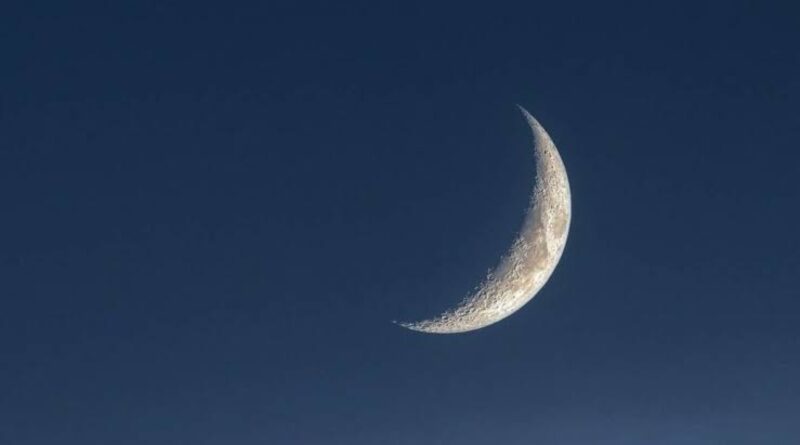Zil Hajj Moon Likely to to be Sighted on June 7
As Pakistanis get ready for the upcoming Eid ul Adha, many are busy buying sacrificial animals. Chief Meteorologist Sardar Sarfaraz has announced that the Zil Hajj moon is expected to appear on June 6. If the moon is sighted on June 7, it will mark the beginning of the new Islamic month, Zil Hajj.
Eid ul Adha is a significant festival for Muslims, involving the sacrifice of animals such as cattle, goats, and sheep to commemorate the willingness of Prophet Ibrahim (Abraham) to sacrifice his son as an act of obedience to God. This tradition is deeply rooted in Islamic culture and is observed with great reverence.
To accommodate the surge in demand for sacrificial animals, special markets have been established in various parts of the country. One of the largest markets is located in Taiser Town, Karachi. These markets are bustling with activity as people search for the best animals to purchase for the sacrifice.
The authorities have ensured that these markets are well-equipped with various facilities to make the shopping experience easier and more comfortable for visitors. ATMs and temporary bank branches have been set up to provide convenient financial services. Additionally, free water is available to keep everyone hydrated in the hot weather.
To ensure the well-being of both the animals and the buyers, veterinary inspections are carried out regularly. These inspections help confirm that the animals are healthy and fit for sacrifice. Dedicated land areas have been allocated for cattle sheds, providing a proper space for the animals to stay until they are sold.
The anticipation for Eid ul Adha is palpable as families and communities come together to prepare for the festival. The markets are not just places for buying animals; they also serve as social gathering spots where people can meet, share stories, and enjoy the festive atmosphere.
As the expected sighting of the Zil Hajj moon draws near, excitement builds among Muslims who look forward to celebrating Eid ul Adha. This festival is a time of joy, reflection, and charity, as the meat from the sacrificed animals is often distributed among family, friends, and those in need.

